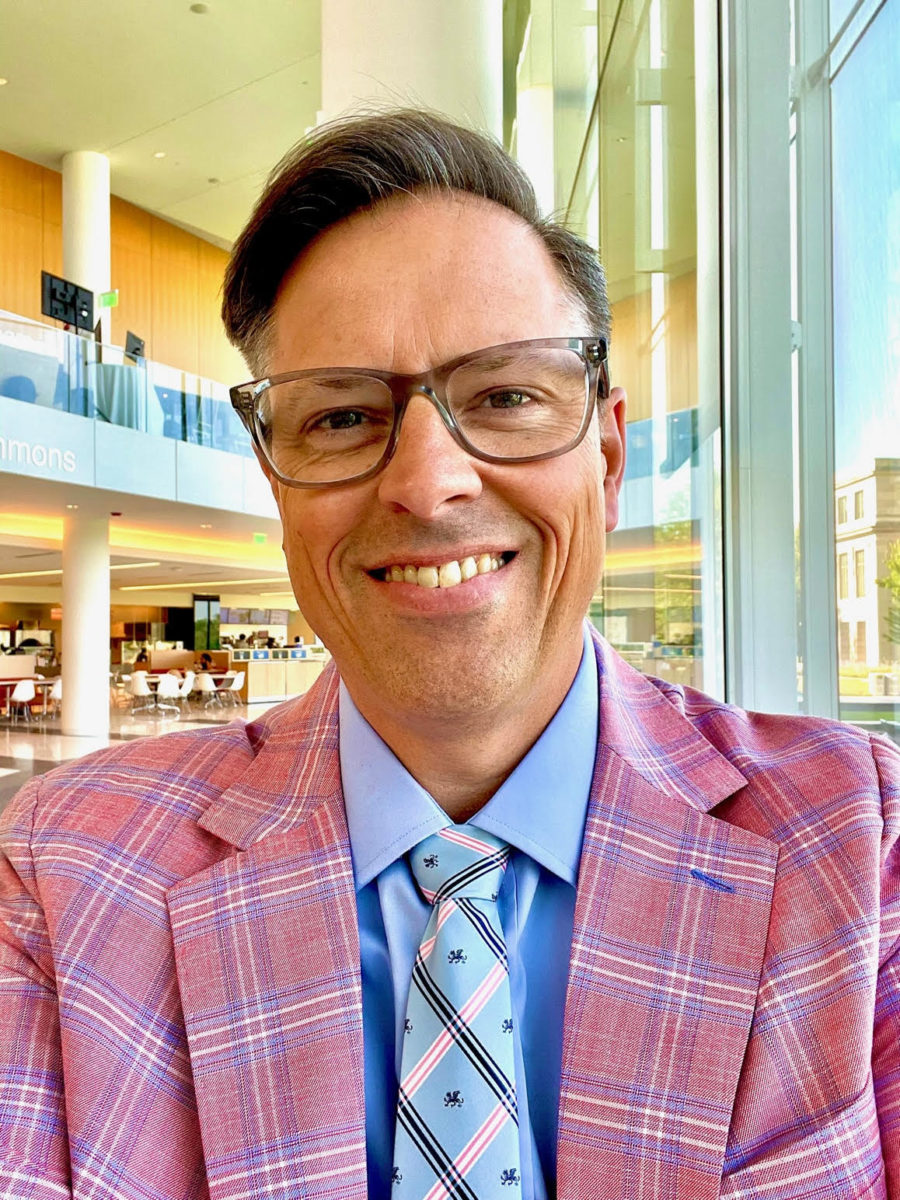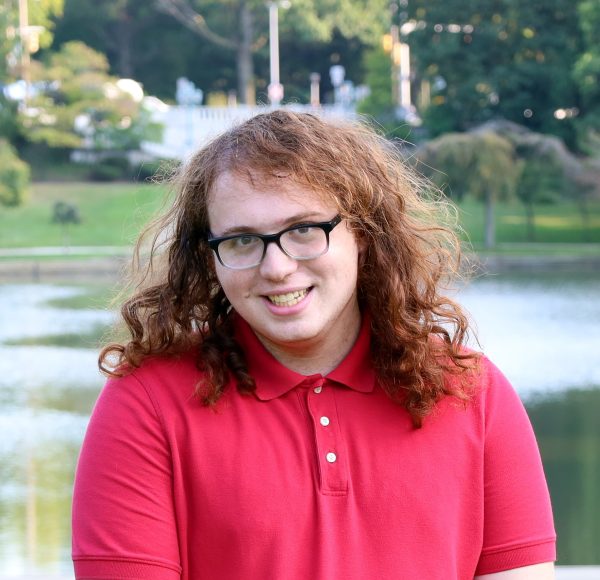A few weeks into the first semester, the Greek Life Office, part of the Division of Student Affairs, hired a new associate director, Jason Steckel. This follows the previous associate director, James Silay, accepting a promotion to the director position. The staffing changes take place in the wake of a U.S. Department of Justice (DOJ) report into Greek Life culture at Case Western Reserve University, in addition to a struggle to recruit members.
Victoria Diaz, president of the Panhellenic Council—the student board for sororities—notes how there is excitement in Greek Life “for Jason to step into this role and provide the much needed support within the Greek Life Office.”
Steckel mentioned how “[m]uch of [his] professional and volunteer time has been invested in mentoring, coaching, and educating young people, helping them to develop and thrive in a variety of contexts.” He notes that his experience in Beta Theta Pi had a “significant impact on [his] growth and development,” and he remains “passionate about Greek Life and was excited to serve the community at my alma mater.”
“One of the biggest recent challenges for the Greek Life Office is being understaffed,” Steckel said. “I hit the ground running, and, while I have much to learn, I can get to work now to help the office pursue new initiatives and become even more effective.”
This understaffing led to complaints regarding communication from professional offices to those in other roles.
Regarding communication, Silay said that they are committed to communicating with student leaders. While he led the charge for bi-weekly meetings with student leaders, he hopes “to return to weekly meetings with all of our groups.” He also highlights a weekly newsletter while also stressing being open to further changes.
However, another struggle is “the perception of the Office of Greek Life,” Silay said. He says that he is attempting to change this perception through the aforementioned weekly meetings and by making the Greek Life office space more inviting.
Cameron Goodwin-Schoen, the president of the Interfraternity Conference—the student board for fraternities at CWRU—notes that this is a unique responsibility for the associate director who “primarily works with our Vice Presidents of Citizenship and judicial board to support chapter accountability.” In addition, this person also coordinates meetings among chapter presidents.
“Many of the programs and initiatives within the Greek Life community are voted on and financially supported by undergraduates. Professional staff advise council officers and chapter leaders through proposed changes and help the community hold each other accountable when changes are made,” Silay said regarding accountability. He said this accountability makes Greek Life more approachable to those outside the current Greek Life community.
Part of Silay’s plan is to work on evolving programs within the Greek Life office such as the Students Meeting About Risk and Responsibility Training (SMARRT) peer-education program and the Pytte Cup accreditation processes
Silay hopes Greek Life will be more collaborative and engaged with the university programs and student organizations going forward. This is a hope that’s shared by students. Diaz also hopes that Greek Life leaders “[continue] to encourage chapters to work together on our efforts with inclusivity and expanding the Greek Life community.”
However, this accountability is not universally recognized. In August, The DOJ recently concluded that “CWRU did not respond appropriately to a well-known climate of sexual harassment in its Greek life program.”
Silay pushes back on the DOJ’s claim of a climate of sexual harassment in Greek Life. “The DOJ’s findings are not in alignment with CWRU’s records (referring to confidential Title IX investigations) or a third-party review,” he said.
Still, he acknowledges that “CWRU has a moral responsibility to protect the members of our campus community. We always have room for improvement in our efforts to enhance the safety and well-being of our campus, and the Office of Greek Life will be working closely with the Office of Equity and other CWRU units to provide a safe and supportive campus.”
In discussing problems related to Greek Life, both Steckel and Silay did not mention recruiting students. In April, The Observer reported that the percentage of students in Greek Life dropped from 30% to 25%. Steckel has “heard from numerous other institutions that COVID-19 significantly impacted Greek Life nationwide.” Citing mental health and a loss of community, Steckel believes that “Greek life has the potential to provide students with ways to meet these crucial needs. It is important to learn from the past but also look to the future.”
Excited about his new position, Steckel said, “My volunteer role in the Greek Life community made me realize that I still have much to learn in this new role. I don’t have specific plans yet, but [I] hope to help staff and students explore new ways to help the Greek community fully embody the four pillars of scholarship, ritual, citizenship, and leadership.”




